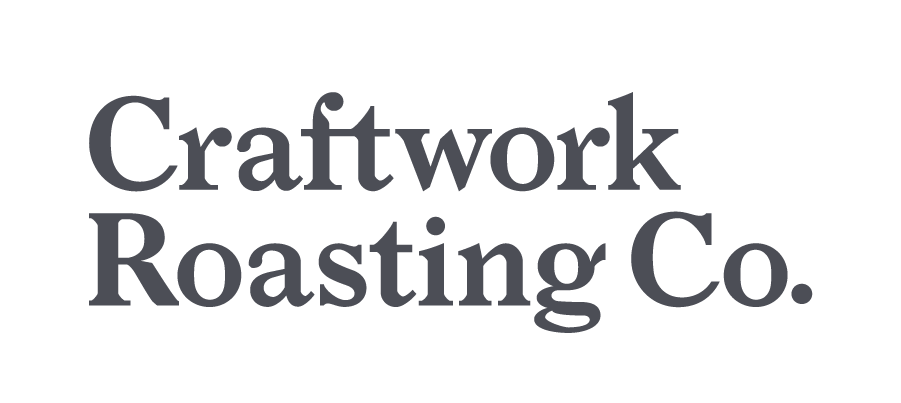Nkara Peaberry, Rwanda - Filter Roast
Peach, Raspberry, Rooibos Tea
$24.00
This variant is currently sold out
This 100% Red Bourbon was produced using coffee cherry from 250 smallholder farmers who deliver to Nkara washing station, the smallest of three washing stations owned by the Dukunde Kawa Cooperative. Nkara is located close to the small town of Mususa, in the Ruli Sector of Gakenke District, in Rwanda’s mountainous Northern Province.
This is a peaberry lot, which refers to the size and shape of the beans. Normally coffee seeds develop as a pair with flattened facing sides, but sometimes just one seed develops and forms an oval shape to occupy the entire space within the coffee cherry. This is called a peaberry and these small and round coffee beans are carefully selected and separated out from the rest of the crop during the milling stages.
Nkara was established in 2005 and is the smallest of Dukunde Kawa’s washing stations, supporting 250 growers – 120 of whom are women – who own small farms in the surrounding villages. The washing station is incredibly remote and sits at an elevation of 1,880 meters above sea level, overlooking a beautiful landscape of rolling green hills and rich, red earth. Quality control and day to day operations at Nkara are overseen by Michel Dusengimana, who has been the manager since 2007. He is one of the washing station’s three permanent staff members. During the season there are 50 staff members working at Nkara, who are mostly women, employed to sort the coffee during its drying stages.
The area surrounding Nkara has mineral-rich soil and a lush environment that is well suited to specialty coffee production. Typically, farms are very small – averaging just a quarter of a hectare – and are situated between 1,800 to 2,100 meters above sea level. Coffee is grown as a cash crop, alongside subsistence food crops like maize, beans and sorghum and some livestock like goats, chickens and cows.




















